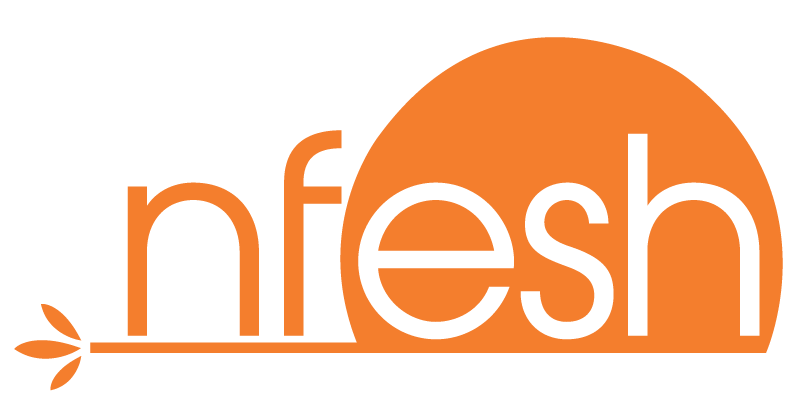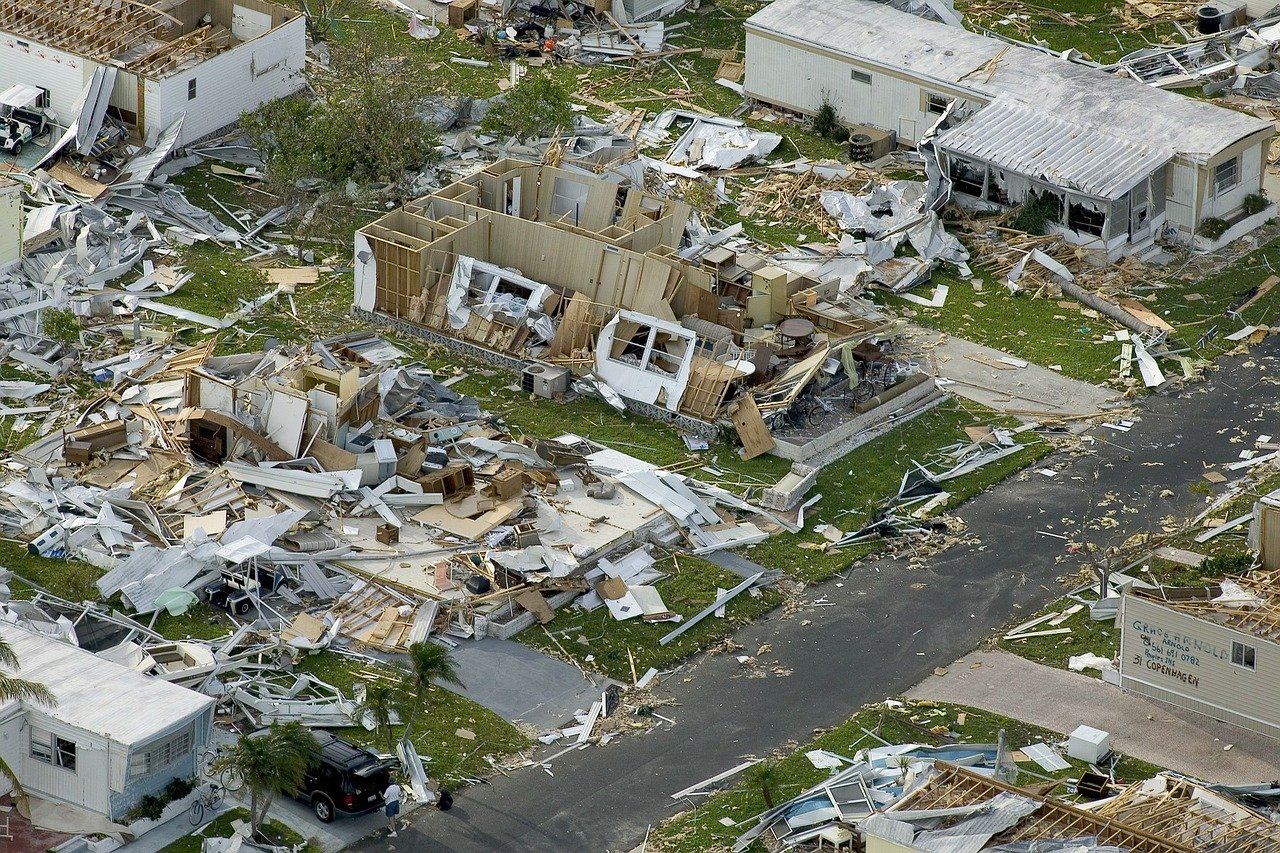Depend. In these days of the pandemic … these mounting days of coronavirus that seem as though they will never come to an end…that word “depend” has come to have new meanings, or so it seems. We think of what we long considered to be dependable and realize that it isn’t anymore; or at least not in the same way it has always been. Sure, we can depend on the cycle of day followed by night. We can depend on the succession of seasons. We can even depend on the fact that all us humans share common needs. Those necessities we share which come to mind first are likely food, shelter and clothing — and rightly so. And in this nation of ours, we have even come depend on one another to help us attain those things when, for whatever the reason, we cannot adequately provide those for ourselves.
Unfortunately, during this pandemic we have also seen that the number of our fellow citizens who suffer from a lack of easy access to those necessities is growing. As the National Foundation to End Senior Hunger, our first concern is hunger, of course; and the most recent national data shows that more and more of our fellow citizens are experiencing food insecurity. The growth in senior food insecurity is of particular concern to us, although it does not necessarily come as a surprise. Seniors were, after all, among the first groups to be ushered into quarantine and they remain sequestered. Second, those wonderful senior centers where many routinely received their nutrition have been, and remain, shuttered.
Prepared. That is another word that has become as significant as “depend” in the context of COVID. Seeing that has helped NFESH realize the importance of another focus of our work. As we share this post, much of the nation is experiencing severe hardships from natural disasters that threaten the lives and well-being of hundreds of thousands of Americans. Wildfires are raging in many states, wiping out entire towns, while smoke from those fires makes the air unhealthy to breathe even hundreds of miles away. Hurricanes have already battered many areas of the country. In addition to the destruction from wind damage, extensive flooding has wiped out electricity and, with it, access to life-supporting services for many. Even as first responders do their best to address these dire circumstances, forecasters are watching other storms developing offshore. And all of this is occurring in the context of the pandemic disease that continues to rob citizens by the hundreds of thousands of their life and health. There is only one way to characterize these occurrences when we look at them together. They are emergencies of a magnitude this country has not seen in more than a century, if at all. Emergencies that every individual state essentially must be prepared to address on its own, in case the traditional response of calling on neighboring communities and states might become foreclosed. Emergencies of a kind no one could imagine.
In other words, all these factors taken together have proved that institutions on which vulnerable populations have in the past and continue to depend must also find ways to cultivate more of their own self-reliance for the future. The vital role they have played in these current circumstances is to be lauded. It also makes clear that there are ways to be even better prepared to provide for those who depend on them in an emergency, whether it is local or global in scope.
That is a something that NFESH regards as our own call to action, a guiding principle for us. Over the course of the next several years we will be working with others in the senior services and nutrition worlds to develop workable, replicable and effective model emergency preparedness plans for those on the front lines of addressing senior hunger. As we progress down this critical path, we will keep you posted.
You can depend on that.

